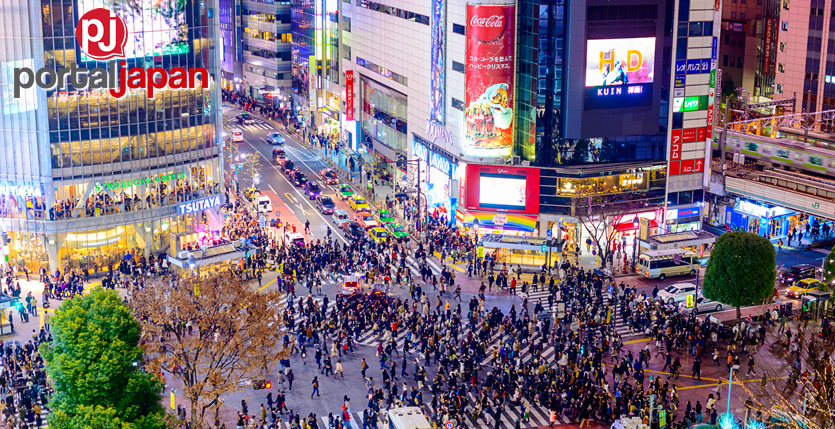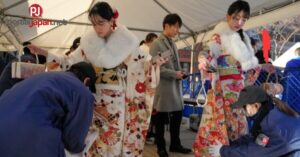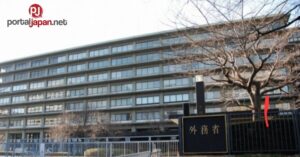As the government of President Rodrigo Duterte looks to Japan for investment after firming up deals with China, a high-level Philippine delegation is due in Tokyo on March 27 and 28 to pitch infrastructure projects.
Finance Sec. Carlos Dominguez, Budget Sec. Benjamin Diokno, Socioeconomic Planning Sec. Ernesto Pernia, Public Works Sec. Mark Villar, and Energy Sec. Alfonso Cusi will lead teams calling on key Japanese officials to participate in major infrastructure projects, including in the rail and power sectors, Cusi told the Nikkei Asian Review on Thursday.
Dominguez’s office on Friday said cooperation on agriculture, environment, counter-terrorism, illegal drugs, and development of Mindanao island, the home of President Rodrigo Duterte, are also up for discussion.
Cusi said he will meet officials of Tokyo Gas and Osaka Gas to discuss possible natural gas projects and funding possibilities for potential waste-to-energy power plant investment. “We are trying to increase the supply of power in the Philippines, and we are inviting investors,” he said.
The meetings are the first to be held under the Joint Committee on Economic Cooperation and Infrastructure, which was established during the visit of Prime Minister Shinzo Abe to the Philippines in January. Abe arrived with 1 trillion yen in investment pledges in hand following Duterte’s trip to Tokyo in October.
The Philippine delegation to Tokyo follows a recent high-level visit by officials from China to Manila as Duterte looks for regional support to create “the golden age” of Philippine infrastructure during his six-year tenure, which ends in 2022.
On Mar. 7, Trade Secretary Ramon Lopez and Chinese Commerce Minister Zhong Shan signed a six-year development program for economic and trade cooperation with the resumption of the Philippines-China Joint Commission on Economic and Trade Cooperation in Manila. The official economic dialogue had been shelved for five years due to the territorial dispute between the two countries in the South China Sea. Duterte quickly moved to repair bilateral ties after entering office on June 30.
During the talks, China agreed to fund three infrastructure projects: a railway connecting Manila and southern Luzon, a dam on Luzon, and an irrigation project on the southern island of Mindanao, valued at $3.1 billion, $374 million, and $53.6 million respectively. Less than two weeks later, Wang Yang, China’s vice premier, visited the Philippines to reaffirm economic cooperation.
Source: Nikkei Imagem: Bank Image

















Join the Conversation